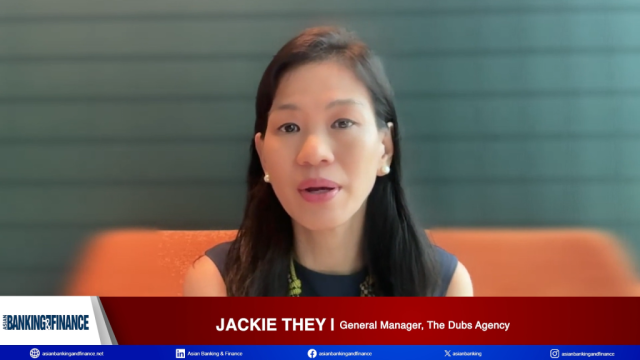
Chinese financial firms face heightened risk from coronavirus outbreak
A significant loosening in the monetary policy will exert additional pressure on bank capital.
Chinese domestic banks and non-bank financial institutions are under threat from the effects of the coronavirus outbreak, which may lead to added pressure on bank capital and may affect their operations negatively, reports Fitch Solutions.
A significant loosening in the monetary policy may further raise financial system leverage in China, which would exert additional pressure on bank capital.
Targeted measures, such as special loan concessions or lower lending rates, are unlikely to meaningfully impact bank earnings if they are temporary in nature and may be mitigated by falls in required reserve ratios, Fitch said in a note.
City banks in neighbouring regions are sighted to be more affected than their peers due to their narrower geographical focus. and we expect pre-emptive state support for these banks to prevent failure if the economic impact from the virus leads to operational losses.
The banking sector's loan and deposit exposure to Hubei, the province where the coronavirus outbreak started, is less than 4%, but for most banks, it is the wider business disruption in other parts of China that carry greater asset-quality implications.
Retail loan demand and related asset quality, including residential mortgages, credit card receivables and consumer lending, are expected to suffer in the near term due to city closures and travel restrictions. Sectors such as transportation, hospitality and entertainment, as well as retailers, which are mostly small businesses, are likely to be amongst the hardest-hit, which will affect loan and credit demand.
Pressure on near-term asset quality and capitalisation as well as greater earnings volatility will also weigh in on financial institutions.
Designation of domestic systemically important banks in China is also likely to be delayed beyond 2020 as priorities shift to stabilising the financial system and supporting economic growth.
The extent to which Chinese authorities prioritise growth over financial deleveraging will depend on the duration and severity of the virus outbreak and the type of stimulus measures used, said Fitch.
The clampdown on shadow-banking activities is also forecasted to temporarily soften to support near-term economic growth.
“We believe there may be some softening in the regulatory stance towards shadow banking activity for NBFIs in light of the virus outbreak. Authorities' deleveraging efforts are likely to focus on irregular financing activities, after a more than 20% reduction in shadow bank assets since 2018,” the report read.
“We expect any pick-up in bank claims on NBFIs to be modest, given banks' capital constraints. In contrast, channel business at securities and trust companies should continue to shrink to comply with asset-management rules, introduced in April 2018, and their underlying credit assets may face greater asset-quality pressure. Further escalation in asset impairment risk could expose asset-managers to substantial contingent liabilities in light of an untested legal framework,” the note concluded.























 Advertise
Advertise







